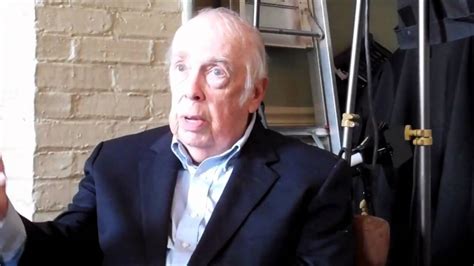A Quote by Naveen Patnaik
I don't have a problem with the Centre sanctioning funds to any state. However, when this is done for narrow political considerations, it damages the federal fabric mandated by the Constitution.
Related Quotes
[The Massachusetts constitution] resembles the federal Constitution of 1787 more closely than any of the other revolutionary state constitutions. It was also drawn up by a special convention, and it provided for popular ratification - practices that were followed by the drafters of the federal Constitution of 1787 and subsequent state constitution-makers.
The Constitution does not protect the sovereignty of States for the benefit of the States or state governments as abstract political entities, or even for the benefit of the public officials governing the States. To the contrary, the Constitution divides authority between federal and state governments for the protection of individuals.
It [the Constitution] didn't break free from the essential constraints that were placed by the founding fathers in the Constitution, at least as it's been interpreted, and the Warren court interpreted it in the same way that generally the Constitution is a charter of negative liberties. It says what the states can't do to you, it says what the federal government can't do to you, but it doesn't say what the federal government or the state government must do on your behalf. And that hasn't shifted.
It is important to strengthen the State governments; and as this cannot be done by any change in the Federal Constitution (for the preservation of that is all we need contend for), it must be done by the States themselves, erecting such barriers at the constitutional line as cannot be surmounted either by themselves or by the General Government. The only barrier in their power is a wise government. A weak one will lose ground in every contest.
In explaining the Constitution, James Madison, the acknowledged father of the Constitution, wrote in Federalist Paper 45: 'The powers delegated by the proposed Constitution to the Federal government are few and defined. Those which are to remain in the State governments are numerous and indefinite. The former will be exercised principally on external objects, as war, peach, negotiation, and foreign commerce.' Has the Constitution been amended to permit Congress to tax, spend and regulate as it pleases or have Americans said, 'To hell with the Constitution'?
More fundamentally, however, the answer to petitioners' objection is that there can be no impairment of executive power, whether on the state or federal level, where actions pursuant to that power are impermissible under the Constitution. Where there is no power, there can be no impairment of power.
The states have authority to interpret the Constitution, enforce it, and protect the people from violations of it by the federal government In the first place, there is not a syllable in the plan under consideration which directly empowers the national courts to construe the laws according to the spirit of the Constitution, or which gives them any greater latitude in this respect than may be claimed by the courts of every State.

































